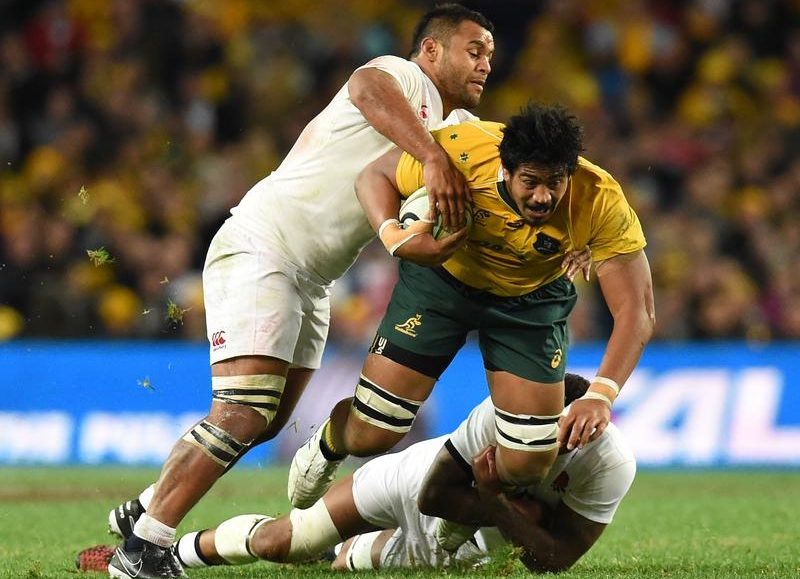
Rugby Australia’s ‘Giteau’s Law’ won’t be relaxed to allow giant lock Will Skelton to play at this year’s World Cup, says chief executive Raelene Castle.
Overseas-based Australian players can be selected for the Wallabies if they have played 60 Tests and a minimum of seven consecutive years in Australian rugby.
It was introduced in 2015 primarily to bring former Test player Matt Giteau into the Australian side for the 2015 tournament.
If they do not meet those guidelines the player must have signed to play with Australian Super Rugby club for the next two seasons.
With only 18 Test caps to his name, Skelton meets none of those requirements but there was a buzz his barn-storming form for Saracens club in the UK could see the rules bent.
However Castle said that wouldn’t happen to allow him to play in Japan later this year.
“The Giteau Law is something that an enormous amount of time and effort was put into the thought, despite what people might think,” she said.
“There’d be no intention to move away from that in relation to Will Skelton.
“His management has been in touch with our footy guys about his desire to want to come back and play for Australia but like all international players we have to make sure we apply those rules with a level of consistency.”
Skelton, who played five seasons with the Waratahs, is reportedly mulling whether to re-sign with Saracens, which would rule him out of the code’s showpiece tournament in Japan from September.
Michael Cheika is believed to be working hard to secure him, with the two meeting up recently while Cheika was back in Europe for a 10-year reunion for Leinster’s 2009 Heineken Cup win when the Wallabies coach was in charge of the Irish outfit.
Meanwhile, Castle said there was no quick fix to the poor crowds at Australia’s Super Rugby matches this year.
The conference-leading Brumbies have been struggling to get more than 8000 to home games with the other Australian teams also suffering.
Castle expected a return to the straight round robin structure from a three-conference system in the next broadcast deal, beginning in 2021, would help.
“Off the back of a change from five to four (Australian Super Rugby) teams, it’s taken a while for people to recognise that that’s created some improvement in performances.
“Our teams have won more games more consistently against both South African and New Zealand opposition than what they have previously.
“The conference formula is probably not ideal and that’s why we’re going to a straight round robin in the new broadcast deal.”




